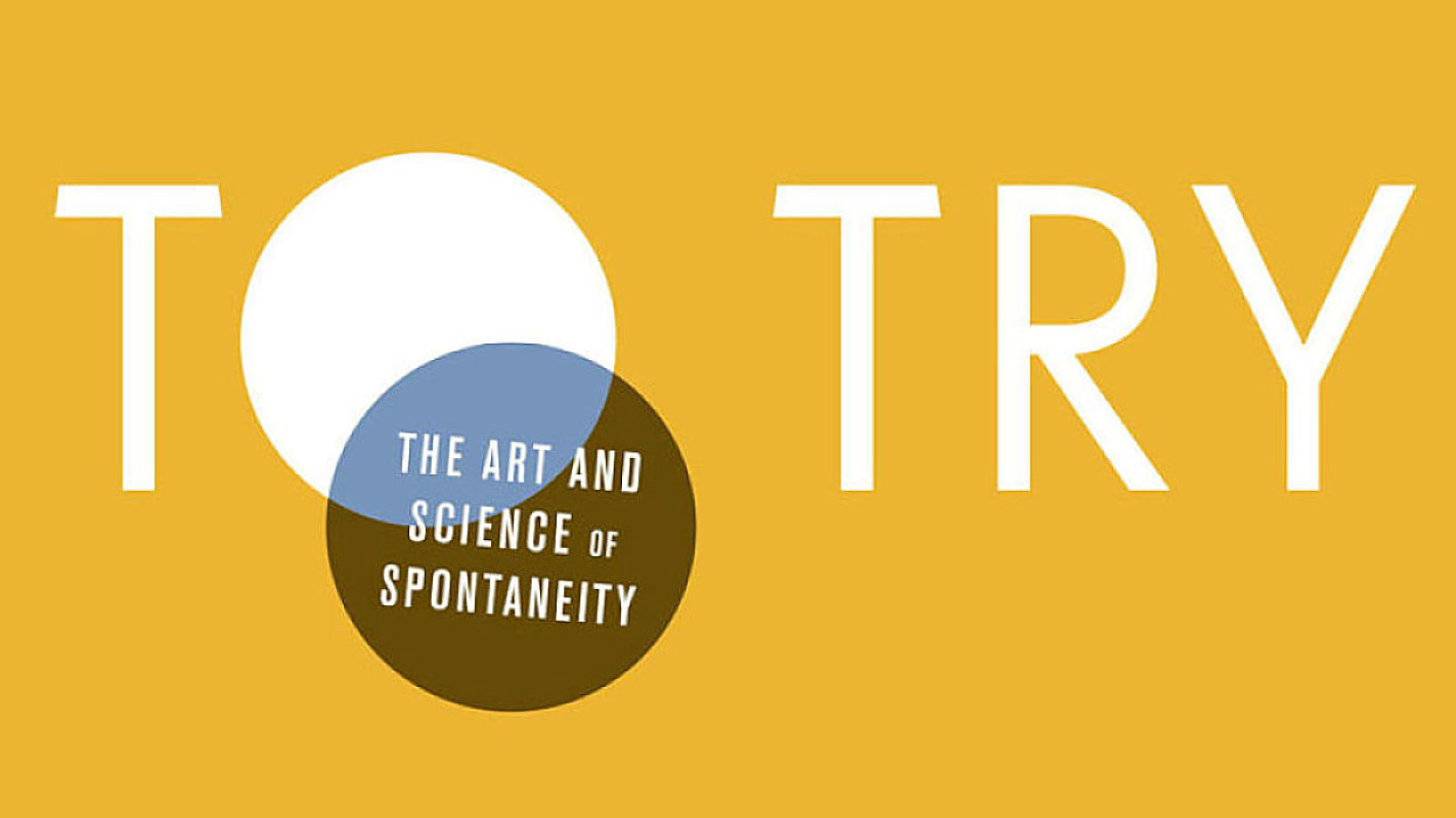With copious amounts of work to do and the exam period rapidly approaching, there is one question most of us find ourselves asking one another: is it possible to do well without really trying? Of course, we all have that one friend who does an essay the night before it’s due, while you have spent a number of week writing it, and they somehow get a better mark than you. This, unarguably, is incredibly frustrating. So, what if it is possible to try without trying? Where is this answer that is the key to success?
Unfortunately, the answer is not in Edward Slingerland’s Trying Not to Try. Going into reading this book, I hoped that this would be a refreshing outlook on how to live life to the fullest, as it promises ways to live effortlessly and spontaneously. The introduction suggests potential, as it points out how for certain individuals, such as sport personalities, the ability to perform effortlessly is their main goal.
However, rather than giving any real insight into the ‘art of effortlessness’, Slingerhand gives his readers a history lesson in the ideas of Confucius, a famous Chinese philosopher. The whole book is a discussion of Confucius and similar philosophers’ ideas about effortlessness and its benefits, with Slingerland’s way of applying these concepts being to discuss how they are emphasised in different teachings. While selflessness, relaxation and genuine intention are realised to be important factors, they alone are not the answer.
Slingerland looks at philosophy, psychology and ancient history to apply the concepts of wu-wei and de, the absence of effort and the virtue that radiates from someone who embodies the practice of wu-wei. The issue is, however, that he uses the terminology too freely, and so when he begins to refer to different variations of these ideas, readers can end up feeling lost and confused about what principles are being discussed. Once more, it is towards the end of the book that he implies the whole theory is a paradox, suggesting that wu-wei is something that cannot be taught, much to the reader’s dismay.
Although difficult to read, there is no denying that the philosophy Slingerland discusses is intriguing, as he makes links between the ancient philosophical beliefs and contemporary psychological investigation. However, the suggestion that this book can be read as a sort of self-help book is misleading. The ‘strategies’ that he gives are more analysis and discussion rather than useful approaches. If you’re looking for a book that comprehensively explains and discusses one of Confucius’ key beliefs, then this is the book for you. As for how to pass all your exams without doing any work, unfortunately the answer is yet to be discovered.

